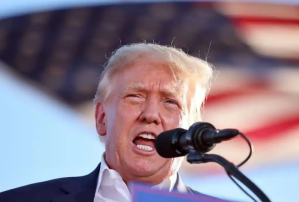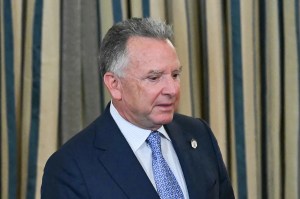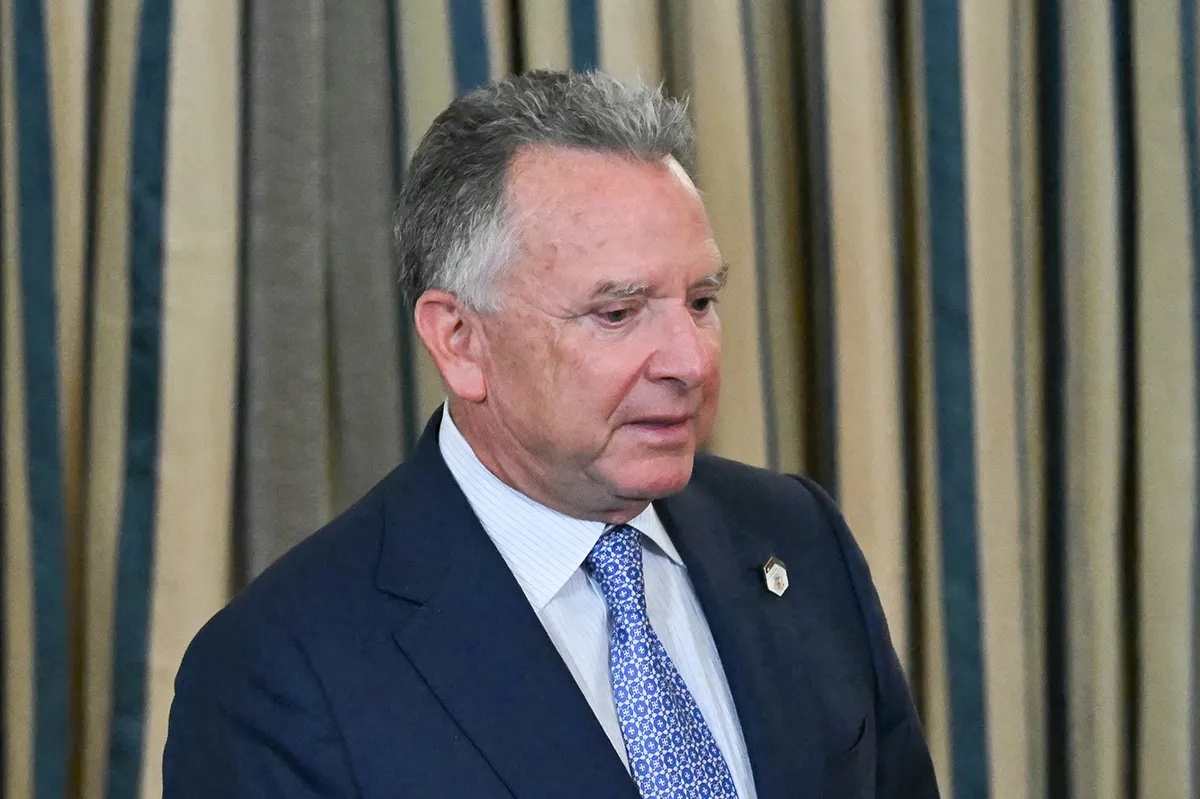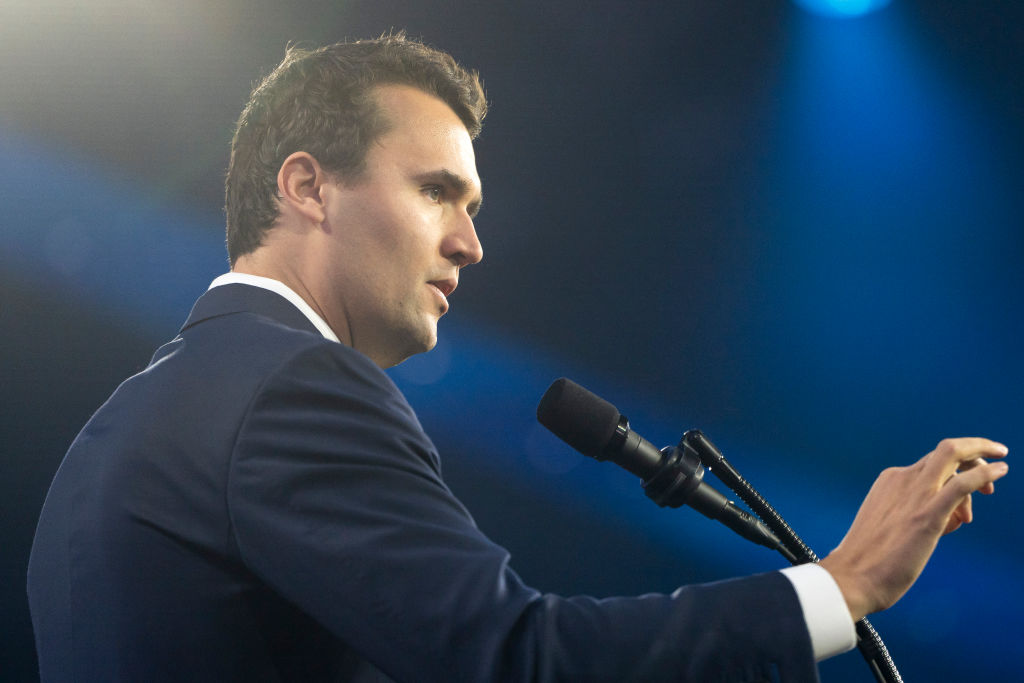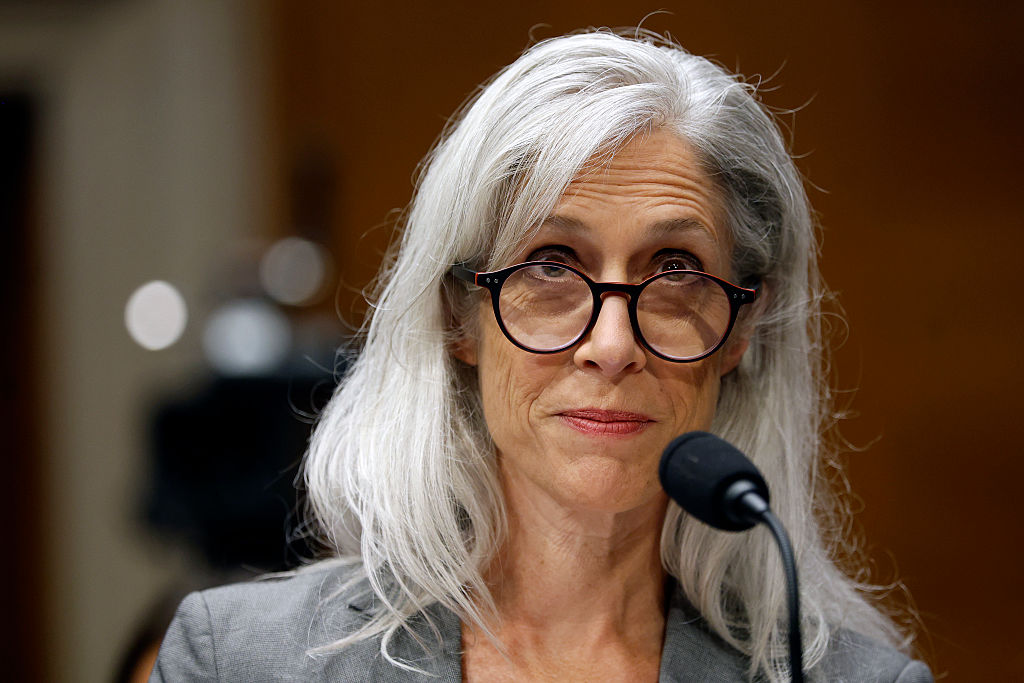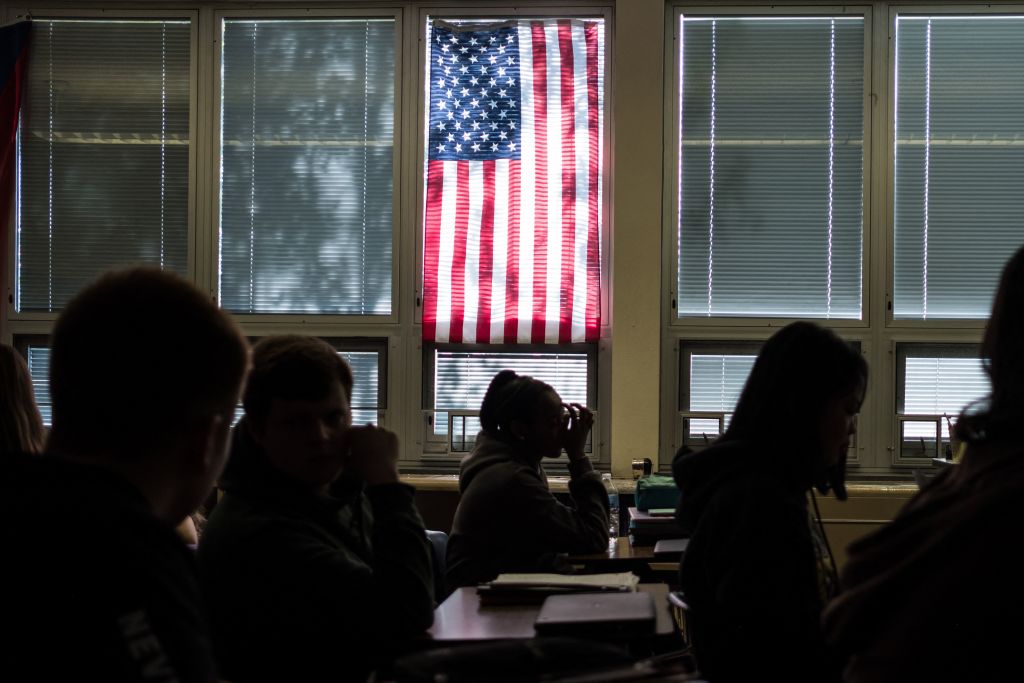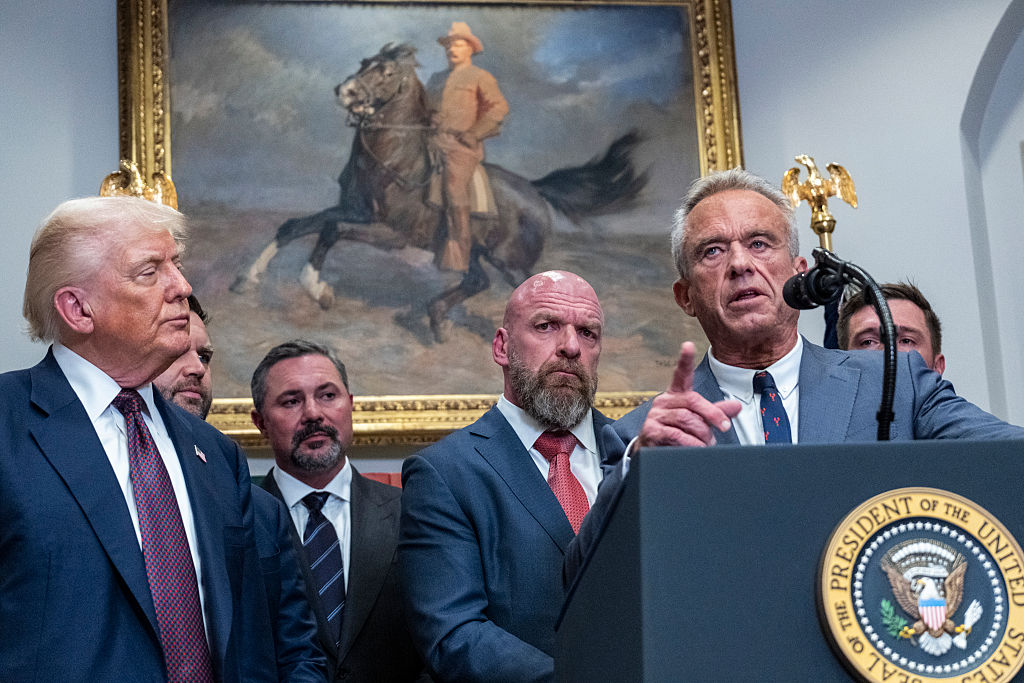When the media views its entire mission through a lens of meting out social justice while presenting itself as the opposition to the current administration, it completely misses the forest for the trees. Usually this just leads to harmless sparring between ideological opponents on the pages of the New York Times opinion section, but its lazy coverage of the early spread of coronavirus had national and international consequences.
President Trump’s order to halt all travel from China on January 31, for example, was met with hollers of xenophobia from the loudest corners of mainstream media. Those cries have since been memory-holed — quite literally, in some cases (Vox) — but it’s worth revisiting the where the worst actors in media stood when this pandemic started. In fact, it was the very next day after Trump’s executive order that mainstream media outlets published stories downplaying the threat as merely another xenophobic reaction to foreigners, just like they’ve done with Trump’s position on immigration at the southern border.
The night that President Trump issued his order, Vox tweeted, ‘Is this going to be a deadly pandemic? No.’ That tweet was then deleted with a correction earlier this week. Lenny Bernstein at the Washington Post wrote on January 31, ‘Get a grippe [sic], America. The flu is a much bigger threat than Coronavirus, for now.’ The next day, the Washington Post published an op-ed titled, ‘Past epidemics prove fighting coronavirus with travel bans is a mistake.’ In what appeared to be a full court press against the president’s order, the paper published another piece on January 31, ‘How our brains make coronavirus seem scarier than it is.’ On February 3, they hit us with another op-ed headlined, ‘Why we should be wary of an aggressive government response to coronavirus’, arguing it would lead to more stigmatization of marginalized populations.
On January 29, in concert with the Washington Post, BuzzFeed News tweeted, ‘Don’t worry about the coronavirus. Worry about the flu.’ Just a few days before President Trump’s Oval Office address to the nation, CNN’s Anderson Cooper said on air that ‘if you’re freaked out about the Coronavirus you should be more concerned about the flu.’ And then shortly after Trump’s address, CNN’s Brian Stelter commented that ‘Sean Hannity and Fox were going to celebrate the travel ban while evading the scourge of community spread within the US.’ CNN then published online in late February that racist attacks against Asians (only of which a handful in the United States have been authenticated and documented) spread faster than the coronavirus.
This was all, of course, reflexive coverage to a president they see as an emotional and oppressive opponent. Trump has made a hobby of hitting the media over the head with whatever bat they hand to him, and it’s one of the reasons it’s hard to listen to any of their sky-is-falling coverage now. Donald Trump is going to spin his way through this crisis, just like any communications-minded president would do, and the media’s attempts to play catch-up will leave them with a public that no longer trusts them.










